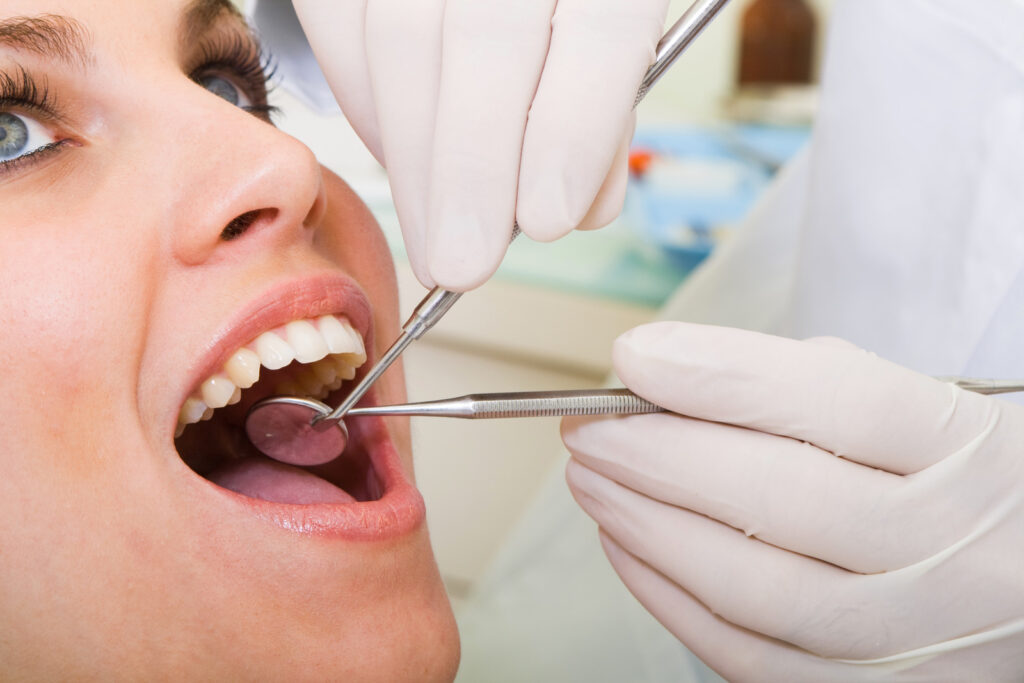Even though everyone may not want to go to the dentist every six months, it is one of the most crucial appointments to keep. If you’ve ever thought about why it’s important to get regular dental cleanings and exams, we’ve got some food for thought for you.
Consider all the risks if you’re thinking about missing a dental appointment due to expenses or other issues like time or dental phobia. The long-term expenses of not visiting the dentist in Yellowknife will probably be substantially higher for both your funding and your peace of mind.
Benefits of Regular Dental Check-ups
Here are some of the most crucial reasons for scheduling routine dental check-ups:
● Early diagnosis of oral cancer
Without a dentist’s assistance, it is impossible to diagnose the deadly condition of oral cancer. It is often impossible to diagnose early-onset oral cancer without knowing its precise symptoms. The likelihood of discovering oral cancer in time is significantly improved with routine dental tests every 6 months and a dentist near you. Oral cancer is, fortunately, easily curable in its early stages.
● Keeping teeth from decaying
There are still a few tiny regions in the mouth that normal brushing and flossing might not reach, even with daily brushing and flossing. These spots accumulate plaque over time, which eventually thickens into tartar and is very difficult to remove without help from a dentist.
Getting a dental check-up in Yellowknife can stop tartar from wearing down your teeth and causing tiny holes, which is how tooth decay starts. When a dull discomfort starts, the tooth has already started to decay; cavities do not have any early warning signs. All of this can be avoided with routine cleanings that get rid of tartar and plaque before they become an issue. In the long term, getting cleanings instead of fillings actually costs less.
● Detection of gum disease
The gums around the tooth can become infected from plaque and tartar buildup, which over time will cause the gums to gradually disintegrate. Gingivitis is the name of the infection, and as it worsens, the gum tissue around the teeth starts to deteriorate. It becomes gum disease once it reaches a particular stage. Swelling, bleeding, and oral pain start to appear after this. Fortunately, dentists can identify the signs and symptoms and help care for it before it becomes too serious.
Additionally, gum disease can weaken the bone that supports the teeth. This can result in significant issues like teeth becoming loose or falling out completely, necessitating highly costly and difficult surgery. Regular dental exams are crucial to averting these high costs.
● Performing a lymph node check
Additionally, with the help of a dental check-up near you, any swelling or discomfort in your neck, jaw, and lymph nodes that are situated behind your jaw can be identified. Swollen lymph nodes may not seem like a big deal, but they could be indicators of other serious health issues that need treatment.
Are Dental Check-ups Worth the Effort?
A dentist provides a complete cleaning of your teeth, assesses the health of your teeth and gums, and looks for any abnormalities that could normally go unnoticed but could be an indication of more serious health problems. Dental professionals, among other things, make sure that your bones are healthy and will assist you in changing any behaviours that might be endangering your dental health.
Missing dentist check-ups might not seem like a huge concern, but whether you realize it or not, oral problems can develop and worsen very quickly. You’re doing yourself a lot of favours in the long term by keeping up with your dental cleanings and exams.
At Somba Ké Family Dental, we can assist you, whether you require a simple filling, a routine cleaning, or a more involved dental operation. Contact us to make an appointment and discover the value of individualized, sympathetic care.
